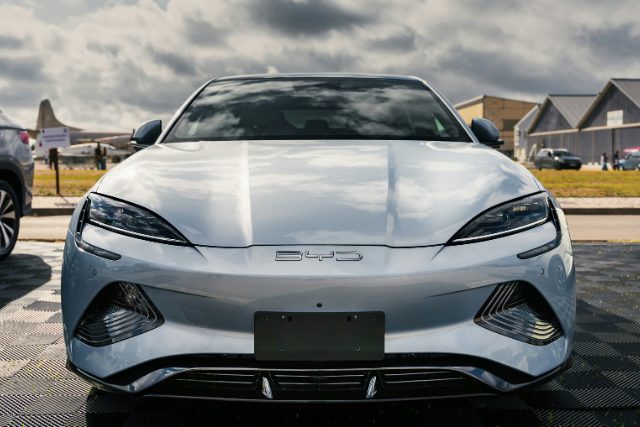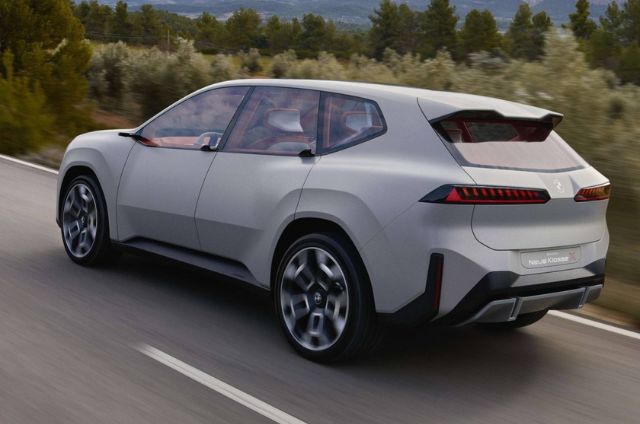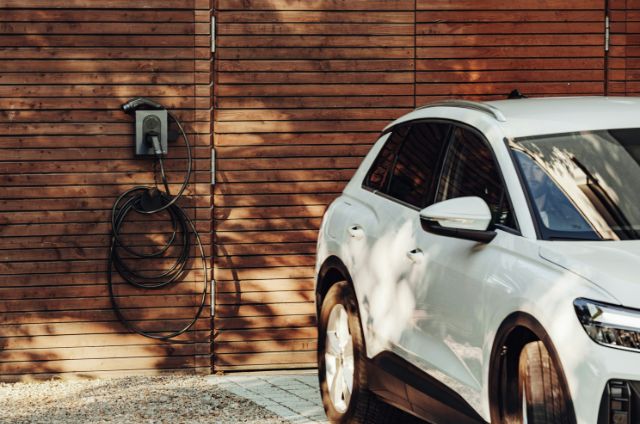Chinese electric vehicle (EV) manufacturer BYD has reached a significant milestone, surpassing Tesla in quarterly revenue for the first time in Q3 2024. Posting an 11.5% increase in net profit, BYD’s revenue reached 201.1 billion yuan ($28.24 billion) compared to Tesla’s $25.2 billion for the same period. This impressive growth reflects BYD’s stronghold in China, driven by its diversified lineup of affordable EVs and plug-in hybrids, along with strategic government support. Here’s a closer look at the factors driving BYD’s success and what this might mean for the future of the global EV market.
How BYD Beats Tesla?
While Tesla remains focused on all-electric vehicles, BYD’s revenue leap has been bolstered by its hybrid models, which appeal to a broad range of consumers. In the third quarter, BYD’s hybrid sales surged 75.6% year-over-year to 685,830 units, thanks to the company’s latest fuel-saving technologies that meet drivers’ needs for efficiency and cost savings. This hybrid focus allows BYD to capture consumers looking for eco-friendly options that don’t depend entirely on charging infrastructure, which remains a challenge in certain regions.
BYD’s success also hinges on its competitive pricing strategy. To keep up with increasing demand and maintain a lead over rivals like Tesla and other emerging Chinese brands, BYD has rolled out aggressive discounts on its best-selling models. These promotions have cemented BYD’s appeal to budget-conscious buyers, a crucial factor in a market where consumers prioritize affordability alongside innovation.
China’s government has been a crucial supporter of the EV sector, offering national subsidies and local incentives to encourage adoption of green vehicles. In particular, a national trade-in subsidy of up to $2,800 per consumer and local government bonuses have fueled BYD’s strong performance. With over 1.57 million drivers taking advantage of these incentives to trade in older cars for greener alternatives, BYD has been able to sustain its market momentum. September 2024 even saw BYD break its monthly sales record, further solidifying its position as a top player in China.
Further Plans
In addition to its domestic success, BYD has ambitious plans to increase its global presence. The company’s overseas sales grew by 32.6% in Q3, with 94,477 cars sold internationally, marking a significant increase in its reach. Despite facing tariffs on Chinese EV imports in Europe, BYD continues to penetrate the market, aiming to double its exports to 450,000 vehicles by year-end. The company’s growing popularity abroad underscores its ability to challenge Tesla on a global scale, not just in China.
BYD’s recent achievement signals that competition in the EV market is evolving, with more players vying for a dominant role worldwide. BYD’s balanced focus on hybrids and all-electric vehicles gives it a unique position in the market, catering to both consumers looking for purely electric solutions and those wanting hybrid options. As BYD scales up its international expansion, its competition with Tesla is likely to intensify, reshaping the EV landscape and challenging Tesla’s long-standing position as the global EV leader.



